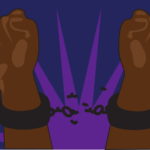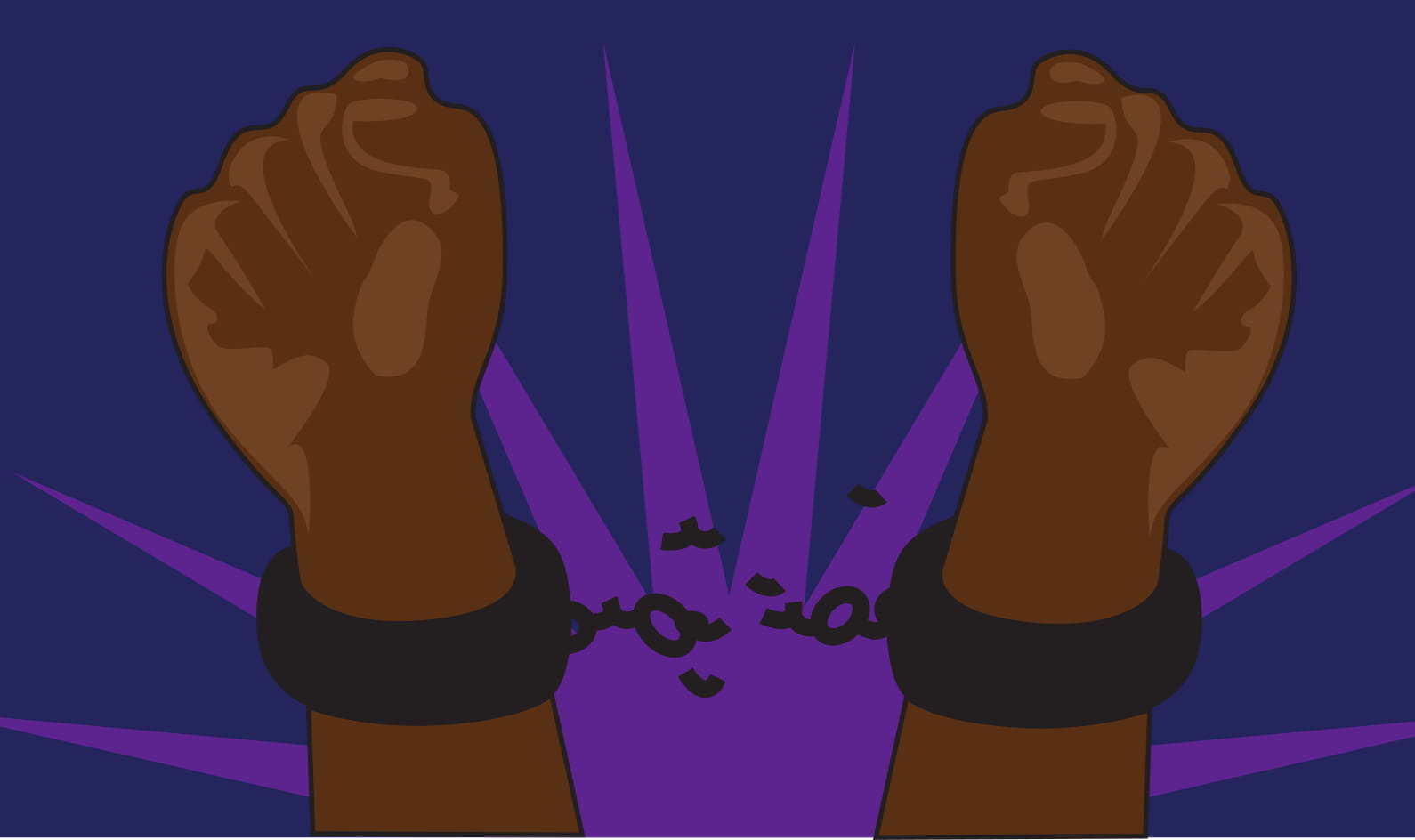

Fiona Legesse/The Cougar
A combination of June and nineteenth, Juneteenth is the oldest known celebration that honors the emancipation of African American slaves in America, but most importantly in Texas during 1865.
President Lincoln’s Emancipation Proclamation became official on January 1, 1863, but news about it didn’t reach Texas until two years later when General Gordon Granger arrived at Galveston, Texas to announce that the Civil War had ended and the enslaved were now free, but it wasn’t that easy.
There was still ongoing slavery and many slave masters chose to defy the Emancipation Proclamation. General Granger issued an order stating the freedom of all slaves “involves an absolute equality of personal rights and rights of property.” Despite the notion that they were now considered free, the letter advised them to “remain quietly at their present homes and work for wages.”
What followed after was known as “The Scatter.” Slaves left the state to reconnect with family members and moved into more accommodating towns in the north.
By 1872, a group of former slaves which became black community leaders in Texas purchased 10 acres of open land known as Emancipation Park after collecting $800 worth of change from their Houston congregations. It’s still used for celebrations to do this day.
Dressing up is a huge part of the celebration, not only because it’s a holiday and black families take pride in looking their Sunday best, but also because historically, slaves were given little to no clothes during slavery. During the initial days of the emancipation celebrations, it’s believed that former slaves threw their ragged clothes into the river and creeks.
Food is also an important, if not most anticipated part of Juneteenth. Also known as Barbecue day, all types of meats such as lamb, pork, and beef are brought and barbecued in the open for everyone to smell and see. Strawberry soda or Big Red are also famous beverages to drink on the holiday as oral histories and readings, games and sports are played in the field.
In the era of Jim Crowe, Juneteenth had stopped being celebrated. The dangers, lynchings, and injustice surrounding African Americans as their livelihood continued being threatened made it difficult to celebrate during the sixties. With the rise of the civil rights movement and the Poor People’s March planned by Martin Luther King Jr., Juneteenth came back to life as many African Americans linked their struggles to the historical ones their ancestors faced.
Though most states now officially recognize Juneteenth, it’s still not a national holiday. Sometimes referred to as the father of Juneteenth, Texas state legislator Al Edwards introduced a bill in 1979 to make Juneteenth a state holiday. The first state-approved celebration took place the following year. Former President Barack Obama also cosponsored legislation to make Juneteenth a national holiday as a senator and continued to push for it as president. Unfortunately, it never passed.
Today, Juneteenth celebrates the freedom and achievements of African Americans while honoring their history and ancestors. By promoting further growth and encouraging continuous self-development, Juneteenth connects all Americans in celebration to create new bonds of friendship and understanding among us.
Bethel Biru is a Broadcast Journalism senior and can be reached at opinion@thedailycougar.com
—
“The history of Juneteenth and why we celebrate it today” was originally posted on The Daily Cougar
